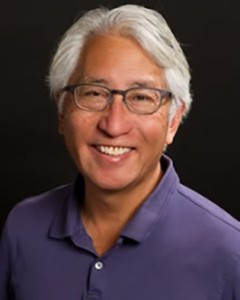Dee Boersma, Wadsworth Endowed Chair in Conservation Science and Director, Center for Ecosystem Sentinels
Department/Program: Biology
Research focus: Seabirds and Conservation
Known as the Jane Goodall of penguins, Boersma is, by all accounts, a force of nature. At age 22, she spent a year living on the uninhabited Galapagos Islands, studying penguins. Since then, she has become a highly distinguished researcher of seabirds. Her research focuses on the well-being of penguins and what they tell us about the state of our environment. Boersma has received more than a dozen awards for her work, including a UW Distinguished Teaching Award in 1993.
Work
Give us a one-word description of how you work:
Smart.
How do you manage your to-dos?
Often with lists.
What are your essential apps, software or tools?
There are few apps I enjoy.
Where do you most often work?
Outside.
How do you manage your time?
I save some for something I want to do.
What is your best time-saving shortcut?
I use a canned letter for students interested in graduate school that is long, detailed, and should help them think about if they need to go to graduate school and where they should consider applying.
Life
What are you currently reading for pleasure?
The AARP magazine.
How do you recharge?
I get away from apps, email and other technologies.
What’s your sleep routine like?
I go to bed at 10:21 each night.
Inspiration
What’s the best advice you’ve ever received?
It doesn’t matter where you go to graduate school as long as it is a PAC-12, Big 10 or Ivy League School.
Who’s your support system?
My friends.
What pitfall do you consistently see students falling into?
Not focusing on the problem they are trying to solve. They get distracted by technology and do not spend time thinking.
What do your most successful students do?
They use their time productively and work smart.
How UW Works was inspired by LifeHacker’s How I Work.
